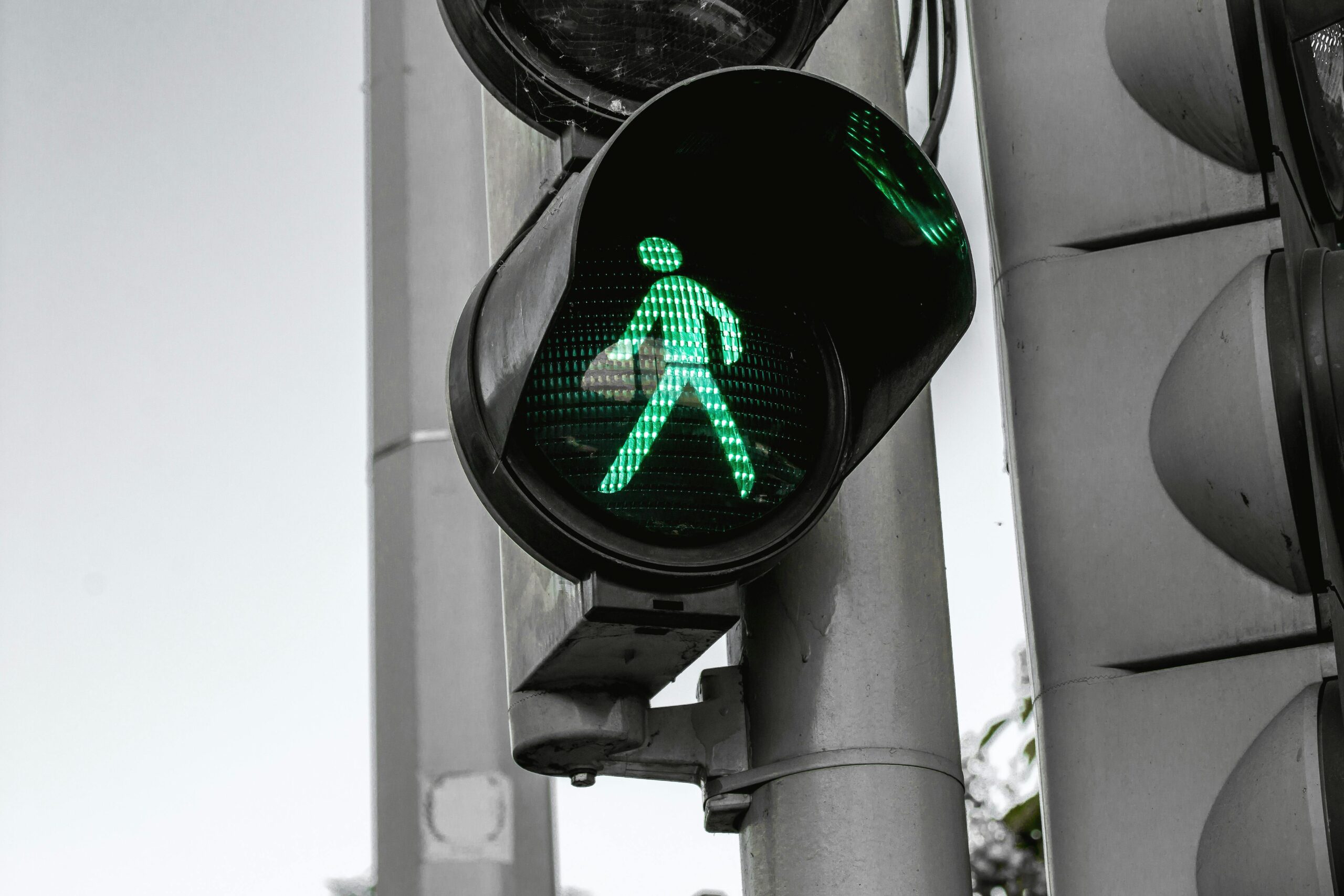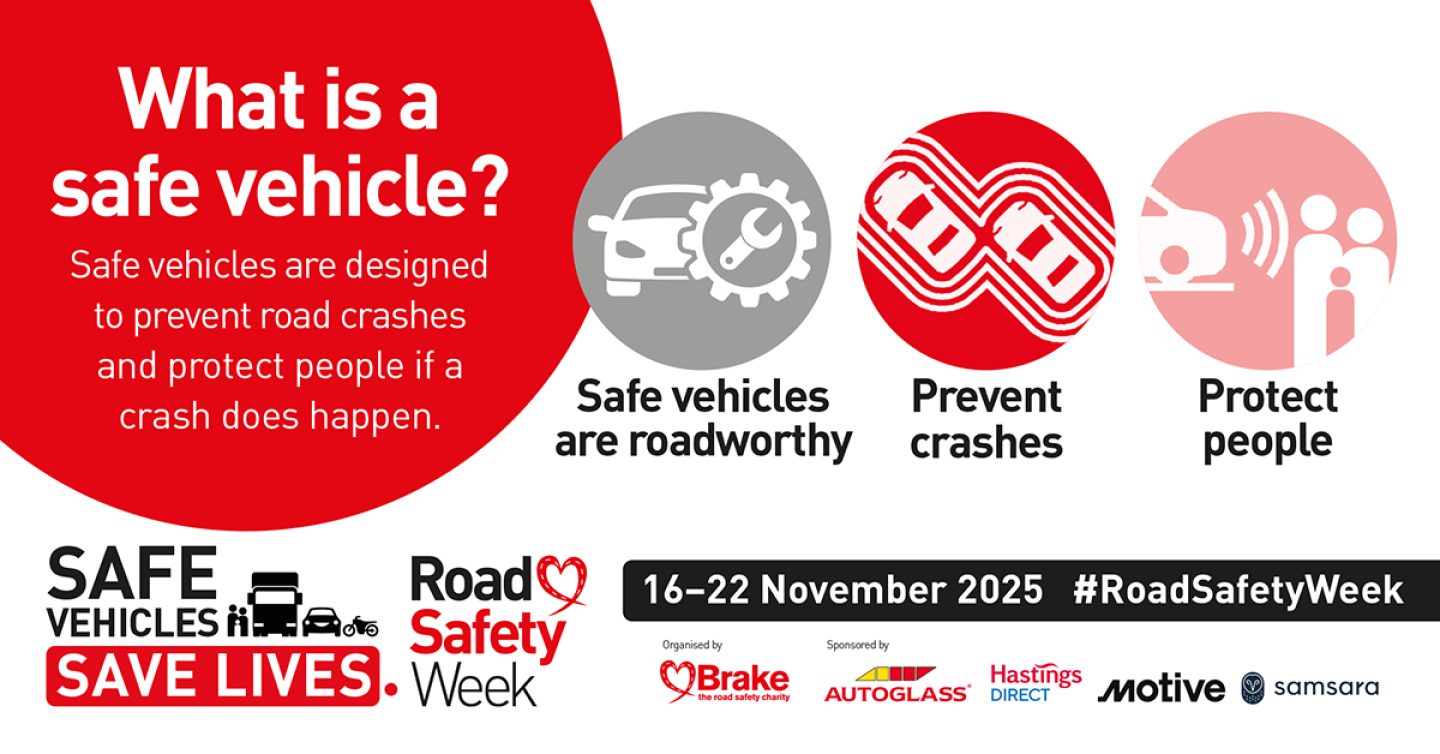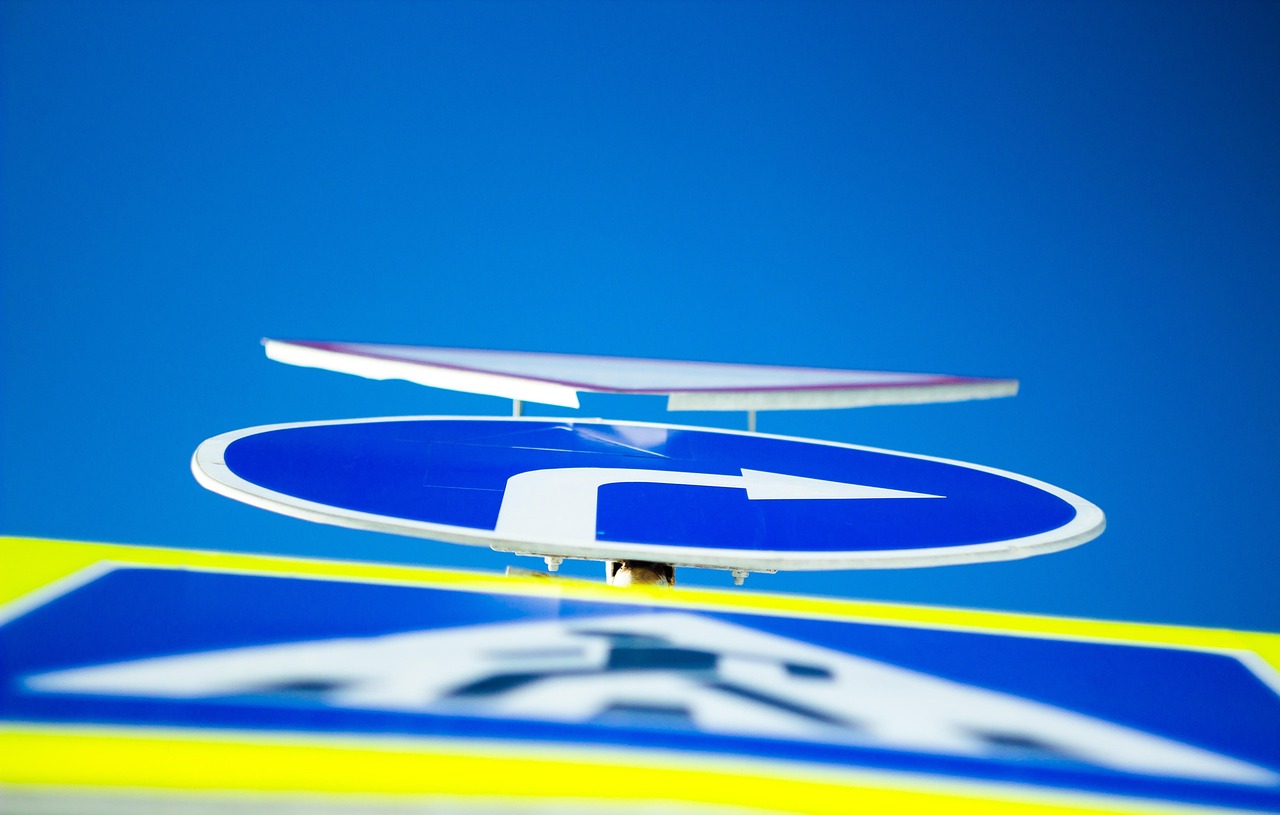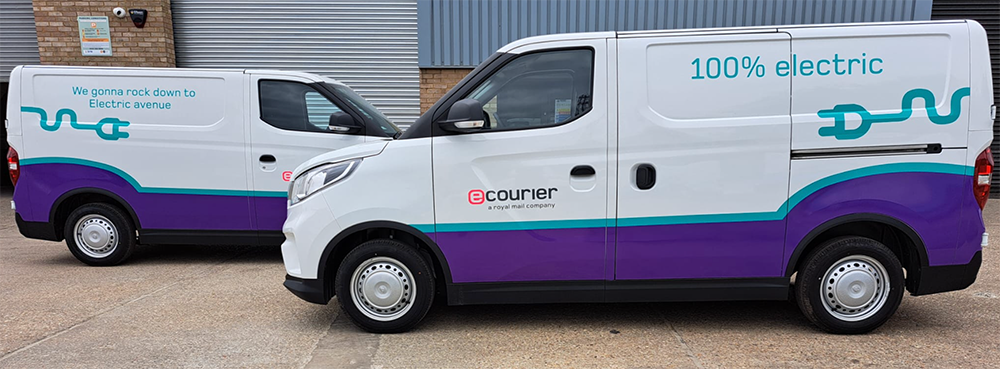
Road Safety Week: How eCourier Supports Safer Streets
Every November, businesses across the UK take part in Road Safety Week (Brake’s biggest annual campaign) to raise awareness of road danger, remember those affected by road crashes and push for safer streets for everyone.
Road Safety Week 2025 runs from 16th to 22nd November with the theme “Safe Vehicles Save Lives”, focusing attention on vehicle safety, life‑saving technology and measures that reduce collisions.
Brake estimates that on average five people die every day on UK roads and 79 are seriously injured (10‑year average, 2015–2024), underscoring why this national week of action is so vital.
Safer Streets with Same Day Courier Services
As a same day courier service, eCourier operates at the sharp end of urban logistics. Our drivers, riders and fleet are constantly moving through busy streets, delivering parcels for businesses of all sizes.
That gives us a responsibility to travel safely, protect road users and reduce collisions. During Road Safety Week, we join Brake and thousands of schools, workplaces and community groups to shout about safer vehicles, better practice and simple behaviours that prevent harm.
Why Road Safety Week Matters
Brake’s campaign highlights the human cost behind the statistics – every road death and serious injury is a life changed forever. In recent releases Brake reports around 1,600–1,700 road fatalities each year in Great Britain with nearly 29,000 people suffering life‑changing injuries, and they also highlight worrying trends such as increases in injuries to young children.
These figures show why fleet operators, courier companies and individual drivers must act now to reduce risk.

Practical steps for eCourier drivers and riders:
1. Pre-shift vehicle and bike checks
For van drivers and cargo bike riders alike, a quick pre‑shift check prevents many avoidable incidents. Tyre pressures, lights, mirrors, brakes and loads should be checked before every shift.
For cargo bikes, ensure electrical assist batteries are secure and fully charged; for vans, check load restraint and mirrors. Brake’s Road Safety Week toolkit emphasises that safe vehicles and regular maintenance are among the simplest ways to reduce crashes.
2. Reduce speed and adapt to conditions
Speed is a major factor in the severity of crashes. For couriers making many short trips, it can be tempting to push the pace to hit tight windows. Instead, prioritise safety margins: slow down in poor weather, leave extra stopping distance in traffic, and treat every junction with caution. Slower urban speeds also reduce the chance of causing life‑changing injuries to pedestrians and cyclists.
3. Be visible and predictable
Cyclists and pedestrians can be hard to see, particularly in poor light. Riders should wear high‑visibility clothing and use lights, while van and truck drivers should eliminate blind‑spot risks by adjusting mirrors and making eye contact where possible. eCourier’s awareness training includes methods for communicating intentions – signalling early and using lane position consistently – so that all road users can predict movements.

4. Load management and vehicle suitability
Overloaded or poorly stacked parcels change a vehicle’s handling and braking. Use correct load distribution and secure parcels to prevent shifting. eCourier’s multi‑drop approach already reduces the number of separate journeys (helping emissions and congestion), but we must also ensure each vehicle is suitable for the job; small vans, medium vans and large vans each have different limits and handling characteristics.
5. Using technology to support safer driving
Modern driver assistance systems such as autonomous emergency braking (AEB), reversing cameras, and blind‑spot detection can prevent collisions or reduce severity. Brake’s 2025 Road Safety Week campaign calls for greater rollout and mandatory fitting of life‑saving vehicle technologies – something fleet operators should consider when renewing vehicles.
6. Training, rest, and well-being
Fatigue and distraction cause crashes. Ensure drivers have realistic itineraries that allow breaks, and provide training that goes beyond legal requirements to include defensive driving, urban riding techniques for cargo bikes, and how to safely park for quick deliveries without endangering others.

Specific Considerations by Vehicle Type
- Bicycles & Cargo Bikes
Cyclists and cargo bike riders are among the most vulnerable road users. Use lights front and rear, reflective clothing in low light, and signal clearly. Cargo bike operations should plan routes that rely on cycle lanes where available and avoid high‑speed roads. Regular maintenance checks for brakes, tyres and steering are essential. eCourier’s cargo bike teams benefit from route-planning that minimises time spent in mixed traffic and prioritises cycle‑friendly corridors where feasible.
- Small Vans
Small van drivers deliver many customer-facing parcels. Park responsibly (avoid double parking on busy streets), use mirrors and reversing aids when manoeuvring, and always dismount to check for cyclists before opening doors — a simple habit that prevents ‘dooring’ collisions. Use a 360° check routine when reversing in constrained areas.
- Large Vans
Larger vehicles have bigger blind spots and longer stopping distances. Use banksman assistance in tight loading areas, fit sensors/cameras, and keep loads within vehicle limits. Plan multi-drop rounds to reduce the need for rapid lane changes and risky manoeuvres in busy urban centres.
How eCourier’s service model helps to reduce risk
Multi‑drop routes and consolidated deliveries (bundling multiple parcels into one efficient trip) reduce the number of separate vehicle journeys compared with sending parcels individually. That means fewer vehicle miles, lower exposure to crash risk and less carbon emissions. eCourier’s focus on same day and scheduled multi‑drop work aligns with Road Safety Week aims by promoting smarter logistics that reduce traffic and improve predictability on streets.

How businesses and customers can get involved
Customers can support safer deliveries by providing clear access instructions, accurate recipient contact details and realistic time windows. Businesses can prioritise consolidated deliveries and choose carriers that demonstrate safe driving policies. eCourier encourages clients to book multi‑drop options where possible to minimise trips.
Take part this Road Safety Week!
If your business wants to get involved, Brake offers free action packs, resources and ideas for Road Safety Week activities, from staff briefings to local awareness campaigns. Signing up helps spread the message that safe vehicles and safer behaviours save lives.
Final thoughts
Road Safety Week is a reminder that every delivery we make involves shared roads and shared responsibility. By combining Brake’s evidence‑led campaign guidance with practical policies – from vehicle checks to technology and training – eCourier and our customers can play an active role in reducing collisions and protecting the communities we serve.

Don’t have an account? Don’t worry, create one here in under two minutes.
Ready to book? Sign in here.